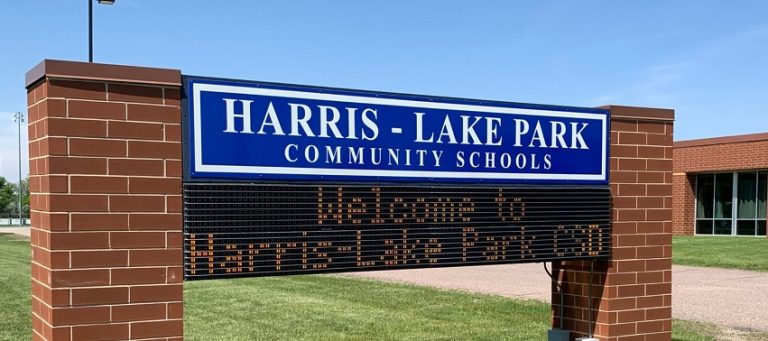Sibley, Iowa — A motion for summary judgement in the case of a group of Osceola County taxpayers versus Osceola County and the City of Harris has been denied.

Court records indicate the plaintiffs’ moved for summary judgement, which is basically a way that one side in a case can win without having to go to trial — if the judge agrees that the facts of the case are not disputable.
The group of taxpayers alleged that — an agreement to use Tax Increment Financing from a group of wind turbines in Osceola County for a waste water project and lagoon in Harris and for improvements to White Avenue — was illegal.
In their motion for summary judgement, they allege that Osceola County and the City of Harris did not enter into a joint agreement before Osceola County established an urban renewal area within the city of Harris’s area of operation. They say that means Osceola County acted without the necessary jurisdiction, or illegally.
The documents say the Harris City Council passed a backdated agreement memorializing a verbal agreement agreed upon in August 2015. The plaintiffs said that’s not allowed.
The plaintiffs alleged that Osceola County’s established Urban Renewal Area 7 is not an “area” and that the inclusion of wind energy conversion property violates the spirit of the Tax Increment Financing law.
They say that the wind energy conversion property was not on the tax rolls at its full assessed value at the time Osceola County established Urban Renewal Area 7. The plaintiffs say that means that the County captured money in the tax increment that has nothing to do with the urban development taking place within the urban renewal area.
They also allege that the wind energy conversion property will receive no economic benefit from projects done in the city of Harris. The plaintiffs say both of these realities violate the entire purpose of TIF.
In a ruling handed down this past Thursday, Judge David Lester said that the law states that the objection to the board’s action “must be filed within 30 days from the time the . . . board . . .exceeded its jurisdiction or otherwise acted illegally.” He says that because it is unclear in the Osceola County Board minutes whether the ordinance in question was ever actually adopted, QUOTE, “[T]he court now concludes that a material factual dispute exists as to when and if the Board ever finally approved and adopted Ordinance 47, which would then start the running of the 30-day deadline for [the] Plaintiffs to file their petition… Therefore, the court is unable to determine based on the record before it whether or not Plaintiffs’ petition was timely filed, and, accordingly, the court concludes that Plaintiffs’ motion [for summary judgement] must be overruled.”
At this point a trial is scheduled on the case on September 20th, 2016.
For background information on this story, click here.











